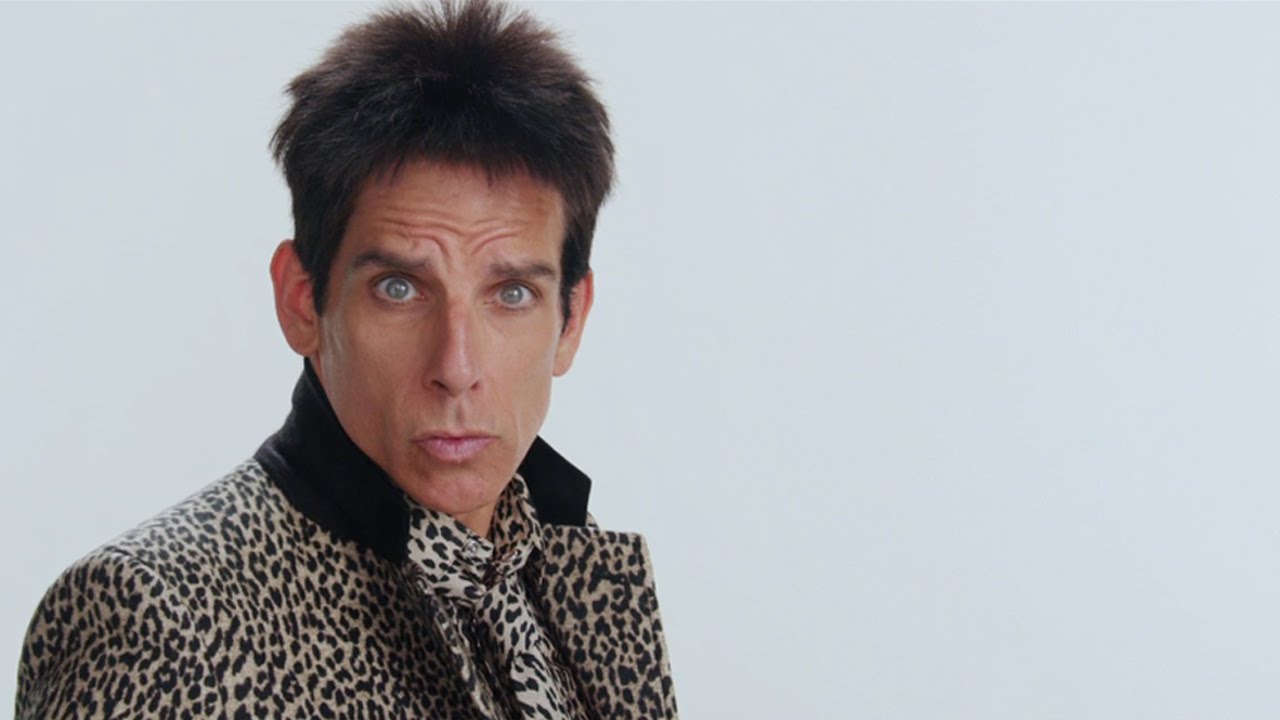9 things people can figure out about your personality just by looking at you

Looks can be deceiving.
Except sometimes, they're not.
A growing body of research suggests that people are pretty good at guessing what you're like — how smart you are, your sexual orientation — just by glancing at you.
We dug up some of that disconcerting data and presented it below. Read on to find out what you're unconsciously communicating, whether you like it or not.
How open to new experiences you are
In 2015, scientists asked students at a Chinese university to look at selfies and try to evaluate the personalities of the people pictured. Meanwhile, the people pictured completed personality assessments.
For the most part, the students were wrong in their assumptions. But the one accurate observation they did make was that positive emotion in a selfie generally predicted the person's openness to experience.
Your sexual orientation
In a small 2008 study, 90 male and female undergrads looked at photos of men's faces. Half the men were straight; half were gay.
Results showed that, on average, participants accurately judged the men's sexual orientation in one twentieth of a second about 57% of the time, which is 7% better than chance.
How smart you are

Science suggests that observers can accurately judge your intelligence from a brief interaction — but only if you're actively trying to seem smarter.
In a 2007 study, 182 college students were asked to discuss an assigned topic in pairs for five minutes. Half the participants had been told privately to act intelligent and competent; others weren't given these instructions. All the interactions were filmed.
Partners then rated each other on how smart they seemed. So did 20 men and women who watched video recordings of the conversations.
As it turns out, participants generally weren't able to accurately judge their partners' intelligence. On average, the people who watched the recordings were — but only when they were evaluating participants who had been told to act intelligent.
By way of explanation, the researchers write: “[B]ehaviors that signal high or low intelligence in a social interaction may be magnified in an impression management setting. Perhaps motivation to convey a particular impression amplifies naturally occurring behavior.”
How aggressive you are
A small 2009 Canadian experiment with undergraduate women found that, on average, they were able to accurately assess how aggressive 37 different men were after looking at a photograph of their faces for 39 milliseconds.
The researchers measured aggression by having the men pictured play a computer game in which they had the option to steal points from another player.
Researchers also found a connection between men with larger facial width-to-height ratios (regardless of their expressions) and perceived aggression levels, and reasoned that it could be because angry expressions involve lowering the brow and raising the upper lip, which increases this ratio.
How competent you are as a leader

In 2010, researchers asked undergrads to review headshots of close to 100 managing partners at top law firms and rate them on different personality traits, including dominance, facial maturity, likability, and trustworthiness.
The researchers combined the partners' scores on dominance and facial maturity to create a single “power” score, and combined their scores on likability and trustworthiness to create a single “warmth” score. People who scored higher on power tended to lead firms that were more profitable.
Even weirder? The same findings held true when participants looked at college yearbook photos of 73 of the managing partners, some of which were taken half a century earlier.
How extroverted you are
In just 50 milliseconds, most people can accurately predict if you consider yourself an extrovert.
That's according to a small 2009 study led by German researchers in which people looked at photographs of hundreds of faces and rated the people pictured on different personality traits. The researchers say extroverts generally display more cheerful expressions in photographs, so they're easy to spot.
They write: “Many people attempt to express positive emotions by smiling, particularly when being photographed, but introverts seem to do so less frequently, less skillfully, and in more reserved ways than extraverts.”
How vulnerable you are
People are pretty bad at guessing each other's personalities based on their gait.
But research suggests that certain people — namely, psychopathic criminals — can detect vulnerability from watching someone walk for just a few minutes.
For example, a 2013 study found that prison inmates who scored high on measures of psychopathy could pick out people who'd been victimized in the past, based partly on their walk.
Unfortunately, scientists say it's hard to train yourself to walk differently. So if you want to keep yourself safe, it's probably best to focus on other factors besides your gait.
How religious you are
People may be able to tell how religious you are simply by looking at how you hold yourself.
One 2009 study found that, on average, 123 undergrads could accurately assess 113 people's religiosity simply by looking at full-body photographs of those individuals.
In this case, religiosity was measured by asking the individuals pictured as well as three people who knew them well to complete a questionnaire.
Those who appeared to be smiling, energetic, and neat were judged to be more religious — and in fact, they usually were.
Interestingly, that study also found that participants could accurately judge how extroverted, open, likable, and self-assured the people in the photos were.
How narcissistic you are

Self-obsession can be hard to hide.
In a 2009 study, researchers had 160 undergrads take a series of personality tests, including one that measured narcissism. Researchers also asked participants to have three people close to them fill out questionnaires about their personalities.
Then, seven other undergrads looked at full-body photos of all the participants and try to rate them on different personality traits.
Results showed that, on average, the observers were relatively skilled at predicting narcissism based solely on the participants' physical appearance. Specific cues that the observers relied on included a neat, organized appearance; flashy, revealing clothing, makeup, and expensive, stylish clothes.
The researchers write: “These results suggest that narcissists do seem to alter their appearance (consciously or unconsciously) in a way that reflects their appearance-oriented motives.”
Read more:
• Analysts question the way Apple describes its data
• Mike Ashley has a plan to save BHS with no job losses
• Investors think central banks have lost their power
Read the original article on Business Insider UK. © 2016. Follow Business Insider UK on Twitter.
Join our commenting forum
Join thought-provoking conversations, follow other Independent readers and see their replies
Comments
Bookmark popover
Removed from bookmarks